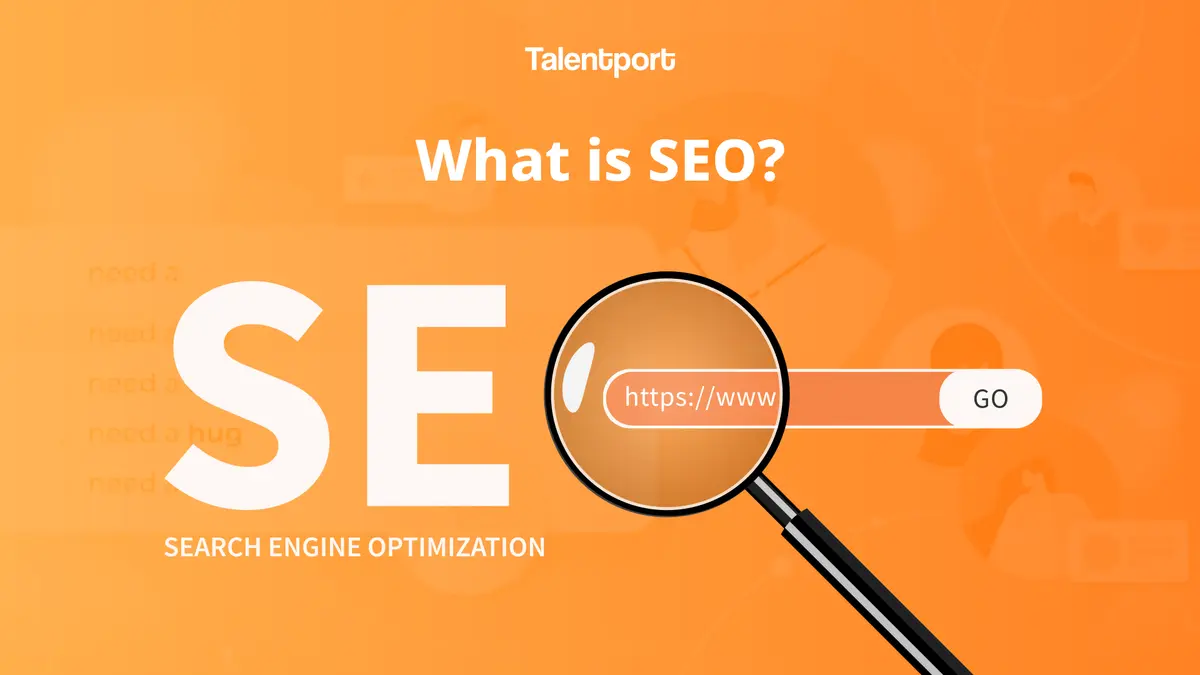Are you developing a website or do you already have one? Do you want to attract more customers to your website? There is no question that SEO should be a main factor of your marketing activities. It’s an incredible method to increase website traffic and brand awareness. However, what does it involve? We’ll help you understand what SEO is and how to get started.
So, how does Google work? Crawling, indexing, and ranking are the steps involved in search engines like Google. The crawler is an online machine that searches the internet for every page and stores them in a massive database known as the index. New pages or updated versions of old ones are regularly added to this index. To determine which to display when someone searches online, the search engine consults the index and applies sophisticated algorithms. This establishes how the internet searcher’s results are ranked.
Paid Versus Organic Search
The goal of SEO is to increase organic traffic—traffic that arrives on your website from unpaid search results. Enhancing a website so that it appears when users search for a related topic on any search platform is known as SEO.
The technique of purchasing advertisements that appear in the search results for pertinent terms is known as search engine advertising.
PPC stands for pay-per-click. When an ad is clicked, the advertiser is charged a fee, according to the advertising model.
The Significance of SEO for Website Owners
An enormous number of searches, when done correctly, search engine optimization can have a significant influence, which is why so many businesses invest extensively in it.
The motive behind internet searches is quite strong. Since your clients are actively looking for information, goods, or solutions, appearing in their search results satisfies an existing need. Because of this, SEO is an effective inbound marketing tactic that brings customers to you rather than the other way around. SEO is a crucial strategy for drawing in high-quality leads since searchers are more likely to convert because they already have intent.
An Edge over Competitors
It is not enough to simply create a website and stop there. It’s getting harder to get recognized and keep customers loyal as new websites appear regularly. Increased online visibility, a stronger brand, greater authority in your industry, more opportunities to interact with your audience, and higher-quality traffic to your website are all benefits that SEO may offer. All of this results in increased income and brand loyalty.
The Three SEO Pillars
Optimizing your website to improve your online presence is the main goal of SEO. What do we mean by it, though? What precisely ought to be optimized? There are a number of things you can accomplish, and they may be broken down into three primary categories.
Technical SEO, on-page SEO, and off-page SEO are the three pillars of SEO
1.Technical Search Engine Optimization
Priority should be given to the technical aspects of SEO. Enhancing a website’s technical elements to enhance user experience and help search engines comprehend your pages is the main goal of technical SEO. Technical SEO includes the following elements:
- The duration of your pages’ loading
- Making the appropriate sections of your website search engine crawlable
- The quantity of broken links on your website
- Making use of structured data
Because they aim to show their consumers websites that offer a good user experience, search engines appreciate these factors. An unsatisfactory user experience will result from a page that takes ages to load, is no longer available, or is not secure. Additionally, elements like structured data and crawlability aid search engines in deciphering the purpose of your pages. This enables search engines to rank your sites higher by better understanding your relevance.
2.SEO On-page
Technical SEO might be enhancing your pages, even though it is a component of on-page SEO. Optimizing a page’s content is the goal of the other initiatives that fall under the umbrella of on-page SEO. Consider:
- The calibre of your content
- Using the appropriate keywords
- Displaying E-E-A-T in the structure of your material
- Internal connection
- Carefully considered alt tags, titles, and URLs
3.SEO off-page
Everything you do for SEO outside of page optimization is referred to as off-page SEO, as opposed to on-page SEO. Like social media, local link building, or getting other pertinent websites to link to your material, is a crucial component. This can significantly increase your visibility and strengthen your authoritative reputation.
You can reach new people and demonstrate your knowledge through these activities. Make sure that both online and offline, clients have a great experience and are satisfied when they depart. Social media is included in this as well. Being in touch with your audience also pays well, even though your participation there has no direct effect on rankings.
Conclusion
SEO is now necessary rather than optional. You can position your website for long-term success by understanding how it works and applying the fundamentals. This focuses on expanding your audience and enhancing your brand to attract more visitors. You can contact Ebizinfosys to get best SEO services.







